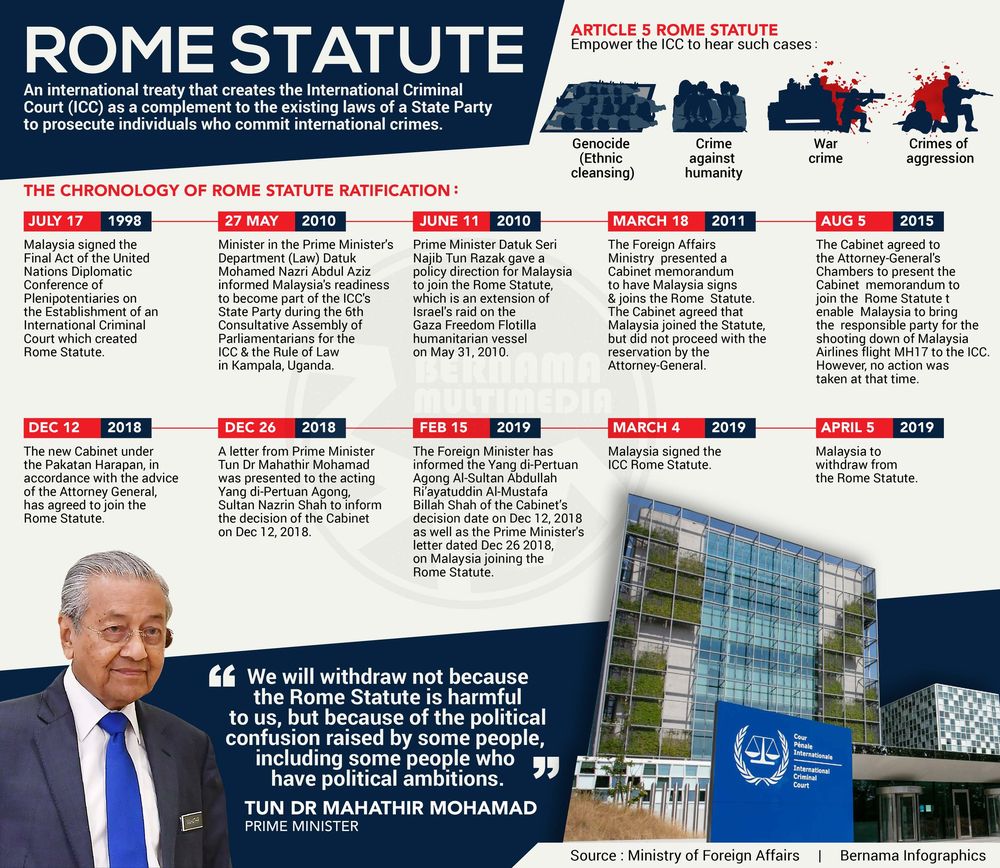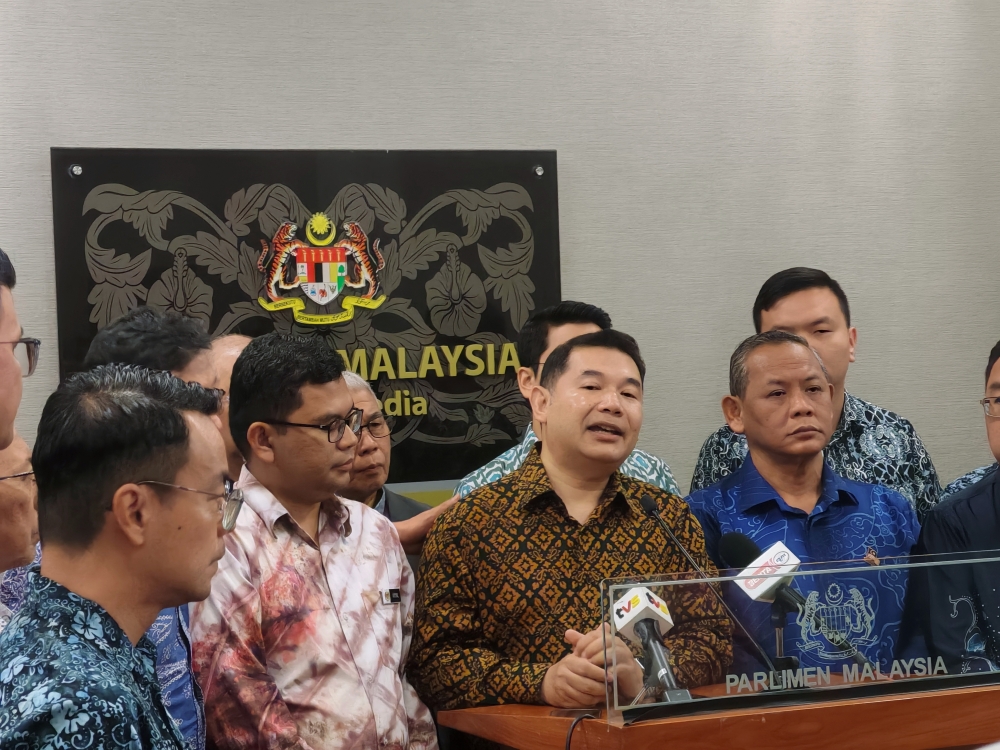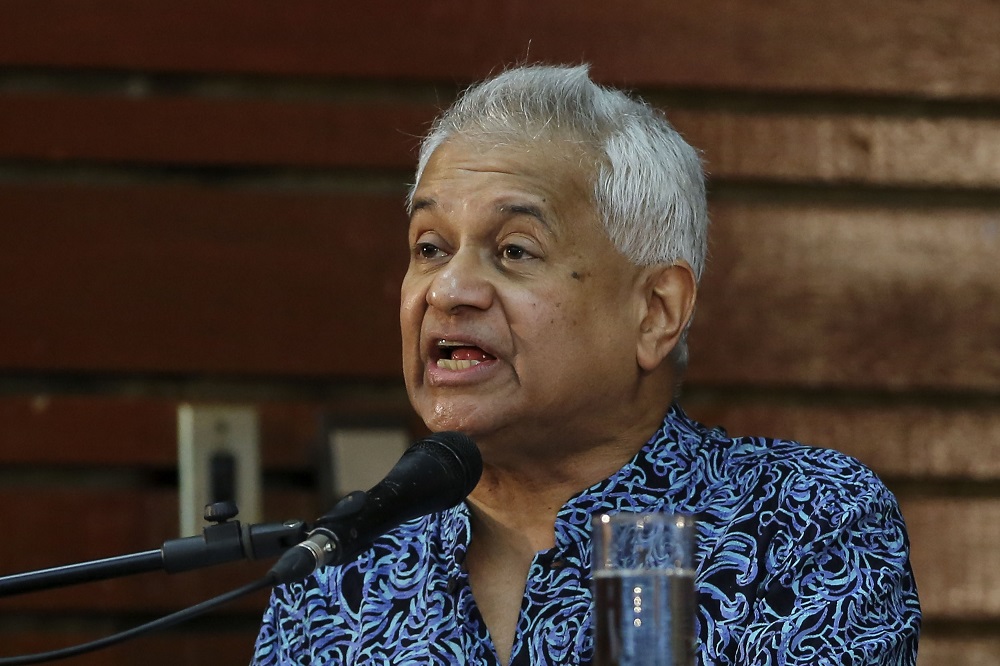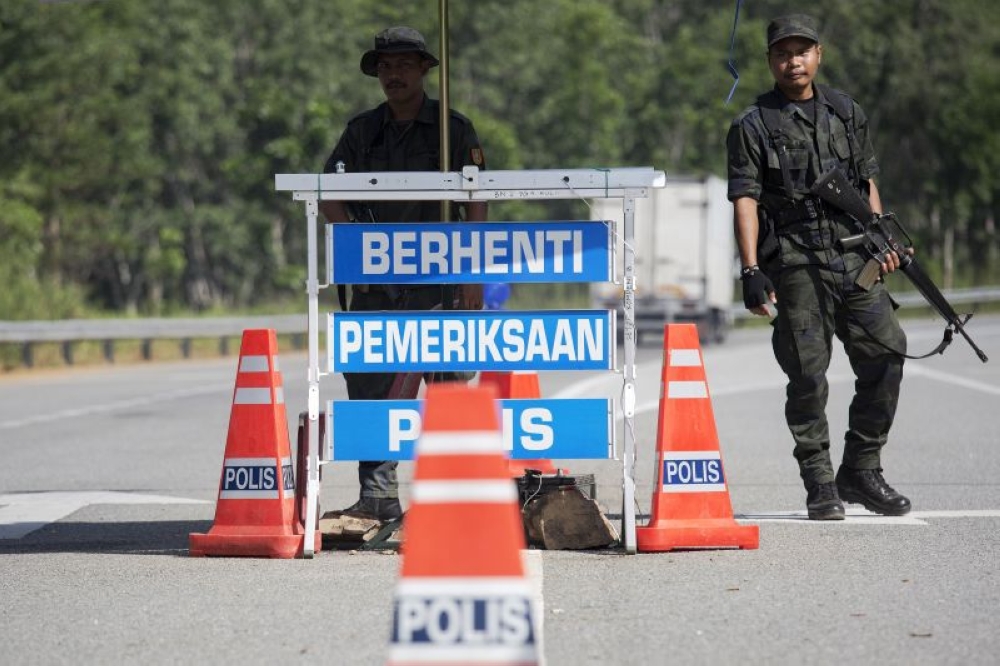KUALA LUMPUR, April 27 ― Attorney General (AG) Tommy Thomas today called out the hypocrisy on the criticism against the Pakatan Harapan government’s move in March to sign the Rome Statute of the International Criminal Court.
Thomas pointed out that the previous Barisan Nasional government had itself decided that Malaysia would accept the international treaty that aims to end impunity on genocide, crimes against humanity, war crimes and the crime of aggression.
“At the outset, it must be kept in mind that the Cabinet had on 18 March 2011 decided that Malaysia should accede to the Rome Statute.
“Although eight years have passed and that decision was never revoked, it was not implemented either.
“Hence when the Pakatan government decided to accept Rome, it was merely continuing a policy decision previously taken by the previous government.
“So the hypocrisy that surrounds this debate must be fleshed out, which is the critics of today were supporting the same decision yesterday,” he said at a forum that was broadcast live on selected platforms today including by news outlet Astro Awani.
Malaysia had on March 4 acceded to the Rome Statute, but Prime Minister Tun Dr Mahathir Mohamad on April 5 announced that the government was forced to withdraw its accession due to political pressure from opponents who spread unnecessary fear and confusion in public.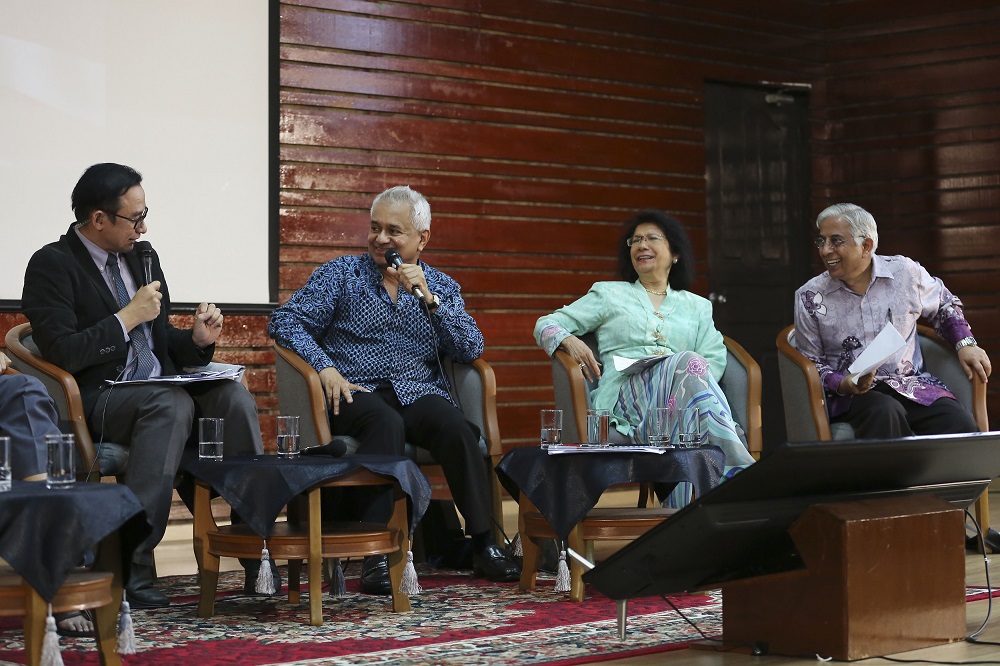
In the same forum at Universiti Malaya’s packed Tun Suffian Auditorium where hundreds came and filled even the stairs of the staggered seats, prominent pro-moderation group G25’s representative Datuk Noor Farida Ariffin confirmed that the Cabinet had in March 2011 made the decision to accept the Rome Statute.
Noor Farida pointed out that it was in fact the Foreign Ministry’s Department of Research, International Law and Treaties where she was then the director-general of that had prepared the Cabinet paper on the Rome Statute.
“And in fact we had, as is the customary procedure, we had sent the Cabinet paper for comments to all the relevant agencies.
“And everybody, all the agencies which we sent to, agreed with our proposal or our recommendation to the Cabinet to act for Malaysia to accede to the Rome Statute of the ICC, except surprisingly the Attorney-General’s Chambers who were vehemently against it,” the retired diplomat said.
When met later, Noor Farida told reporters that the attorney-general back in 2011 was Tan Sri Abdul Gani Patail and said the AGC had provided the reasons for its objection to the Rome Statute.
“They prepared a memorandum giving all the reasons and one of the reasons was of course about no sovereign immunity for the Agong as the supreme commander of the armed forces.
“But we rebutted every single reason given, so we countered all the reasons that they gave against accession, and the Cabinet was persuaded by us, by our arguments and this was the Barisan Nasional government led by Najib Razak,” she said.
“The Cabinet overrides the AG’s objection and decided to accede,” she said, adding that her department had then prepared the instruments of accession to be deposited with the United Nations secretary-general as required by the Rome Statute.
“Unfortunately, for reasons best known to himself, the foreign minister at that time – Anifah Aman – did not want to sign it,” she said.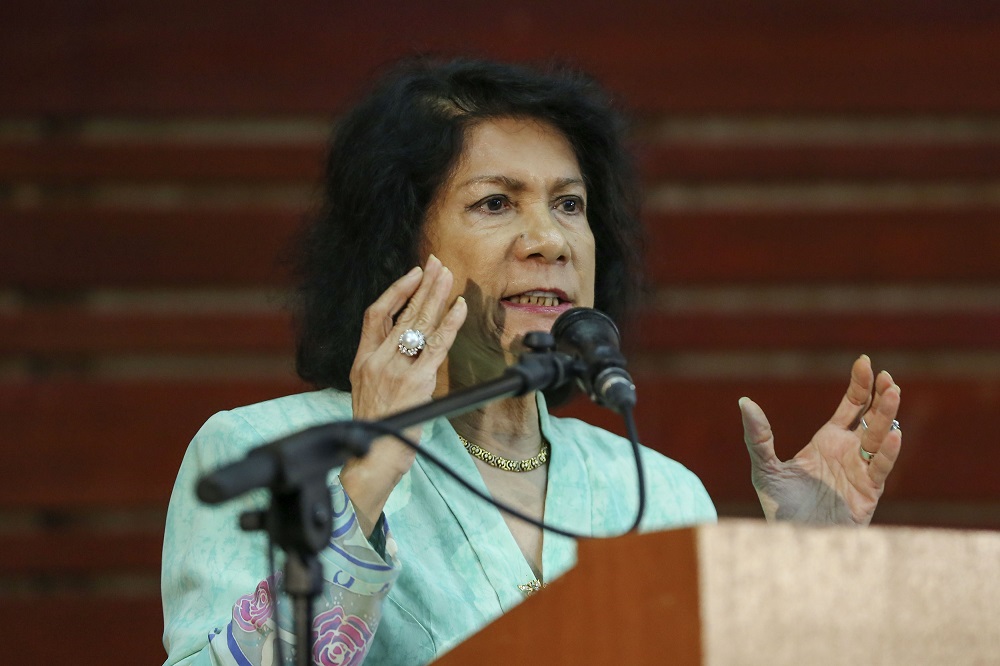
Noor Farida pointed out that Malaysia would by acceding to the Rome Statute become a state party, which would then enable the country to refer matters such as the shooting down of Malaysia Airlines Flight MH17 to the ICC prosecutor for prosecution.
Noor Farida said Malaysia could also even refer the plight of the Rohingya Muslims in Myanmar and the Uighur Muslims in China to the ICC after acceding to the Rome Statute.
Noor Farida urged the current government to reconsider its decision to withdraw its accession to the Rome Statute.
Among other things, forum panellists such as Thomas rebutted the idea that the Yang di-Pertuan Agong would be at risk of prosecution by the ICC if Malaysia were to engage in war crimes after accepting the Rome Statute.
The legal experts present during the forum pointed out that the Agong as a constitutional monarch would not be held responsible for any such crime in his nominal position as supreme commander, as it would instead be the government such as the prime minister or ministers that will be held accountable for such decisions.
The other panellists at the event called “Malaysia and the Rome Statute” are Universiti Malaya’s emeritus professor of law Datuk Shad Saleem Faruqi, writer and former lecturer Dr Syed Husin Ali, lawyer Lim Wei Jiet and Universiti Kebangsaan Malaysia law graduate Asheeq Ali Sethi Alivi.